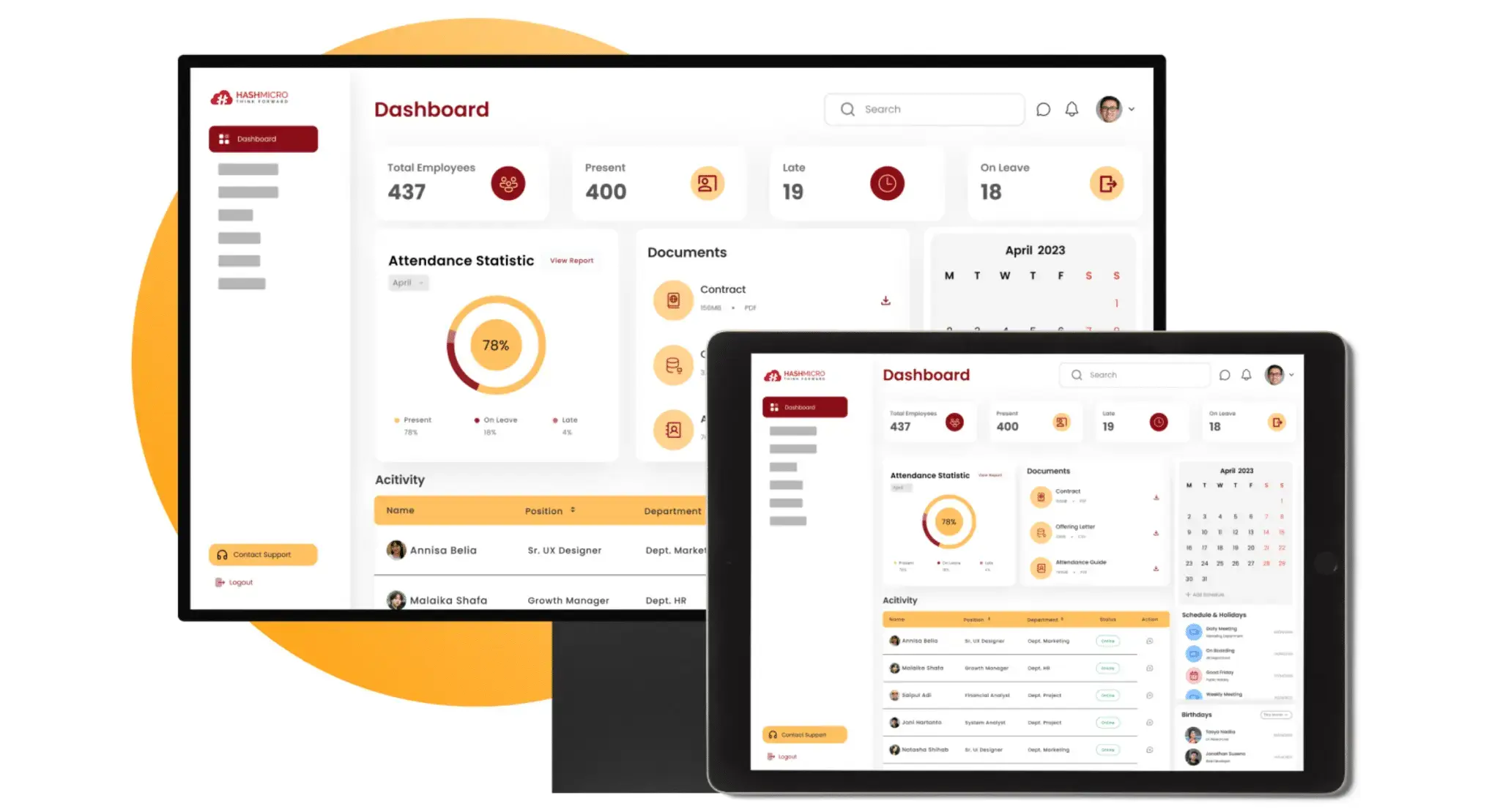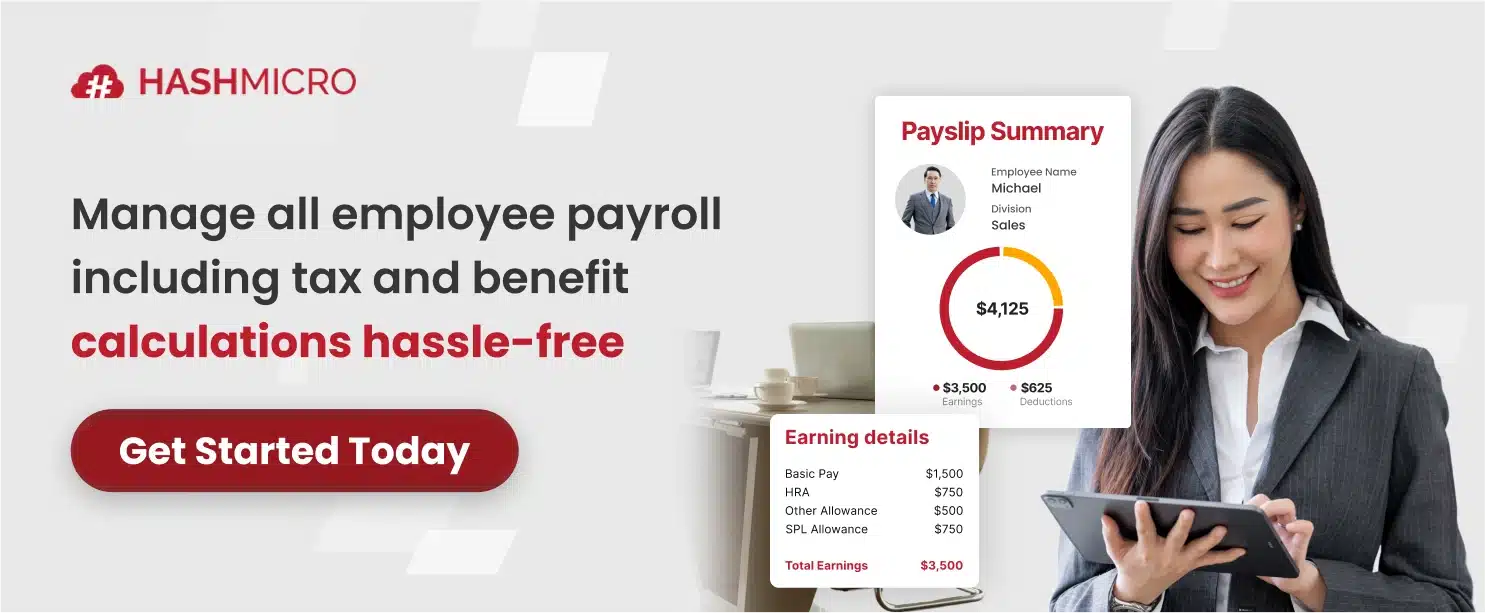Endless stacks of résumés, missed emails, and painstaking data entry—a familiar grind for HR professionals everywhere. The struggle isn’t just about numbers; it’s about how hiring eats away at your time and your team’s focus. Yet, picture an HR landscape where artificial intelligence quietly takes over the clutter and complexity. The vision? Seamlessly blended resume building and management processes—creating space for insight, not just shortcuts.
Gone are the days when HR simply filtered for skills and stumbled through the same old manual steps. With next-gen AI resume builders, especially when tightly integrated with modern HR management systems, every part of talent acquisition gets an upgrade. This isn’t future talk or wishful thinking. From candidate scouting to culture fit, automation and integration promise to change what your HR day looks like—one smart, streamlined step at a time.
The Pain Points of Traditional HR Processes
Wall Street Journal reports that résumé bots discard unseen applications, illustrating how legacy filtering can quietly waste prime talent. Mountains of paperwork and clunky spreadsheets define the traditional HR workflow. The sheer time drain on sourcing, sorting, and screening candidates is formidable. You devote hours just to parse resumes by eye—cross-checking for education, experience, and hard-to-spot warning signs. Manual data entry is rife with typos, duplicated records, and information lost between handoffs or rushed upload sessions.
Recent industry insights show AI reshaping every hiring step can cut résumé-sorting time by more than half, freeing HR teams to focus on thoughtful candidate engagement.
Beyond recruitment, ongoing process issues simmer. Interview scheduling becomes a never-ending email chain. Onboarding delays arise because HR teams juggle multiple platforms or—worse yet—rely on paper files. Even documenting performance metrics and compliance checks is slow and error-prone. At every stage, the inefficiency stacks up.
It’s no wonder that hiring cycles stretch on, frustration mounts, and the right candidates slip away. People talk about the “cost to hire,” but the unseen price is your team’s lost energy and missed talent opportunities. Candidates sense the chaos, too: missed callbacks, opaque feedback, and confusing interfaces cast doubt on your company’s brand.
All of this weighs on your HR’s ability to focus on what matters most: actually assessing fit, building relationships, and aligning talent to organizational goals. Stuck in this slow churn, it’s easy to see why the old way needs a rethink.
Enter AI Resume Builders: More Than a Fancy Filter
Imagine an air traffic controller for resumes, but with the ability to learn, sort, and flag anomalies on the fly. That’s the core promise of the new generation of AI resume builders. They step in where human eyes glaze over, sifting through hundreds or even thousands of applications in minutes, not days. Pattern recognition pulls out transferable skills, contextual cues, and indicators that aren’t signposted with the obvious keywords.
These systems don’t just automate; they elevate candidate scoring by integrating artificial intelligence trained on millions of real hiring outcomes. If you’ve ever felt like the “ideal candidate” slipped through the cracks because their résumé didn’t match your template, you’ll appreciate how AI highlights lateral experience or exceptional projects that an old-fashioned scan might overlook.
Experts warn that the limits of AI-only resume screening still require human judgment to spot cultural add and growth potential, reminding us that no algorithm is a silver bullet for talent. Still, series-B funding for the next-gen AI recruiting startup Mercor underscores how quickly intelligent resume-screening tools are scaling beyond early adopters.
AI resume builders also learn from your team. Adjustments in the system recalibrate quickly—one click refining priorities, over time mapping to what actually works best for each department. This dynamic matching brings fewer false positives and surfaces hidden gems, giving HR professionals actionable leads rather than a firehose of mediocrity.
Suddenly, “screening” isn’t just about saying no faster. With intelligent parsing and customizable criteria, manual errors drop away and every application gets a fairer shake. For the first time, you can be as thorough as you want, while still moving at AI speed.
The Power of Integration: When Resume Builders Meet HR Management Systems
Connecting your AI resume builder directly to your HR management system is where the shift gets revolutionary. Instead of juggling disparate tools or exporting data between platforms, integration creates an information superhighway. Applicant information from Resumatic or similar AI-powered platforms feeds straight into your HRMS—no more copying, pasting, or losing key data between steps.
This new model brings about lightning-fast applicant tracking. You can tag, update, or advance candidates in real time, and instantly forecast pipeline bottlenecks or talent gaps. Sophisticated dashboards surface key metrics at a glance, from diversity stats to source-of-hire and time-to-fill. Mundane tasks like interview scheduling or status notifications are handled automatically, freeing HR to focus on conversations, not logistics.
In practice, AI empowers data-driven HR strategy, aligning hiring pipelines with broader workforce planning goals.
Errors from manual entry—wrong emails, lost certifications—drop dramatically. Regulatory compliance and document retention become much less ominous, as records travel cleanly from the resume screening phase into employee onboarding and beyond.
Perhaps most powerfully, integration means historical data is no longer locked or siloed. Past applicant performance, interview notes, and hiring trends become resources that AI can learn from, shaping smarter future decisions. In this flow, HR’s role evolves from administrative gatekeeper to active architect of talent.
Unlocking Custom Workflows and Automation
Integration isn’t a one-size-fits-all workflow. The best HR teams leverage automation to build processes tailored to their own systems—custom scoring matrices, automated reference checks, or deep-dive skills assessments. By blending the strengths of AI tools with the flexibility of advanced HRMS platforms, hiring becomes both faster and more personalized.
Beyond sourcing, AI accelerating employee onboarding workflows is trimming days off paperwork cycles and giving new hires a smoother welcome.
It’s like going from a manual assembly line to a smart factory, where inputs and outputs constantly refine themselves, reducing friction and amplifying what works. The art of hiring isn’t lost; it’s systematized—finally letting HR professionals contribute in ways that influence real business outcomes.
Data-Driven Insights and Continuous Improvement
With every resume that’s parsed, every interview tracked, and every feedback loop analyzed, a mountain of useful data accumulates. When you plug an AI resume builder into your HRMS, this information is instantly more accessible and actionable. No more waiting for monthly reports or digging through email threads for context.
Machine learning analyzes trends—not just what gets candidates in the door, but what leads to successful, productive hires who stick around. If you’re constantly bemoaning high turnover, this approach helps you spot the telltale signs before making your next job offer. Automated analytics spotlight which hiring channels yield lasting, quality hires, and which screening questions better predict fit.
This doesn’t just help HR. Executives, team leads, and finance get clear pictures of workforce planning. With visual dashboards and predictive metrics, resourcing becomes proactive rather than reactive. Relying on robust, AI-assisted feedback loops, companies continually fine-tune hiring criteria, streamline onboarding workflow, and plan broader talent strategy with confidence.
More Than Speed: Transforming the Human Side of Hiring
It’s easy to marvel at automation, but real transformation happens when people feel it. By lifting the administrative burden, integrated AI tools make room for HR professionals to invest in meaningful interviews and authentic culture-building. This tech is at its best when it frees teams to ask deeper questions, nurture new hires, and keep the human pulse alive throughout the process.
An investigative look at bias in algorithms reveals why pairing machines with deliberate oversight keeps hiring equitable. Automation brings efficiency, but also fairness, as biases coded into human routines are gradually rooted out by repeatable, reviewed AI processes. Each touchpoint—scheduling, feedback, even rejections—gets a little more personal and less mechanical.
Applicants notice, too. When an organization’s hiring is clear, quick, and respectful, candidate experience improves—and so does your reputation as an employer.
Streamline HR Processes with HashMicro Human Resource Management Software

Managing HR tasks doesn’t have to be time-consuming or overwhelming. With HashMicro’s HRM system, businesses can simplify everything from recruitment, payroll and attendance to performance reviews and employee records—all in one centralized platform.
What sets it apart is Hashy AI, an intelligent assistant built to automate repetitive tasks such as tax calculations, leave approvals, and even applicant shortlisting. This gives HR teams more room to focus on people, not paperwork.
HashMicro’s HRM system is also designed for flexibility. It integrates seamlessly with other core systems like accounting, payroll, ERP, and even recruitment tools. Whether you’re syncing employee data for financial reports or streamlining onboarding with connected platforms, the system makes it easy to maintain accurate, up-to-date records across departments. With automation and integration working hand in hand, HR becomes a strategic force that drives real business outcomes.
Conclusion
The future of HR is no longer about managing forms or chasing down approvals. It’s about creating efficient, people-centric workflows powered by smart technology. By integrating AI resume builders with modern HR management systems, businesses can eliminate bottlenecks in recruitment, reduce manual errors, and make better hiring decisions—all while improving the candidate experience. Automation isn’t just about speed; it’s about giving HR teams the space to focus on strategy, culture, and employee growth.
HashMicro offers a comprehensive HRM system designed for businesses that want to move beyond outdated processes. Equipped with Hashy AI, it automates core tasks like payroll, tax calculations, and candidate screening—so your HR team can focus on what really matters. Even better, HashMicro’s HRM software connects smoothly with other business systems, making it easy to build a fully integrated, future-ready HR ecosystem.
Ready to see how it works in action? Try a free demo today and discover how effortless HR can be when powered by the right tools.
































